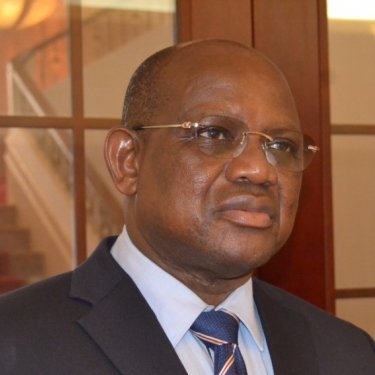Guinea-Bissau radio station owners threatened with jail for not paying licence fee

Reporters Without Borders (RSF) condemns the harsh criminal penalties that Guinea-Bissau’s government has threatened to impose on those operating privately-owned radio stations if they have not paid their annual licence fee. The immense majority of these cash-strapped radio stations have stopped broadcasting because of the threat.
In a decree issued yesterday, the communication ministry warned radio station owners they could face a sentence of up to three years in prison if they are not up to date with their licence fee payments of 250,000 CFA francs (380 euros) a year. Only 12 of the country’s privately-owned and community radio stations have been able to pay the fee.
The government already issued an order on 7 April to radio stations to stop broadcasting if they had not paid the fee. Bombolom FM, an opposition station, suspended broadcasting in response to this earlier warning. The cost of a licence if very high for Guinea-Bissau’s radio stations, which earn very little and are not subsidised by the state, unlike the print media.
“This measure is particularly outrageous given the very difficult economic environment in which the media operate and, above all, the government’s failure to implement sustainable support strategies for the media,” said Sadibou Marong, the director of RSF’s West Africa bureau. “In the current – very troubled – political context, it is hard not to regard these threats as being designed to keep the media under control. We ask the authorities to reconsider this decision and to favour dialogue if they don’t want it to be seen as nothing more than an attempt to silence critics.”
Freedom of expression is now in great danger, radio journalists say. Capital FM journalist Umaro Sané described the decision as a “serious threat” and as a “perfect illustration of the government’s relentless persecution” of press freedom and, in particular, his opposition radio station, which already had to close because of the attacks it suffered last February.
The home of Rui Landim, the host of the Capital FM current affairs program “Pontos Nos I's” (Dotting the I’s), was targeted by Kalashnikov fire on 8 February while, the day before, hooded armed men attacked the radio station, injuring several people.
The repeated threats and attacks against journalists and media outlets have coincided with a period of political turmoil and violence ever since what President Umaro Sissoco Embaló described as a foiled coup attempt on 1 February.
Guinea-Bissau is ranked 95th out of 180 countries in RSF's 2021 World Press Freedom Index.



